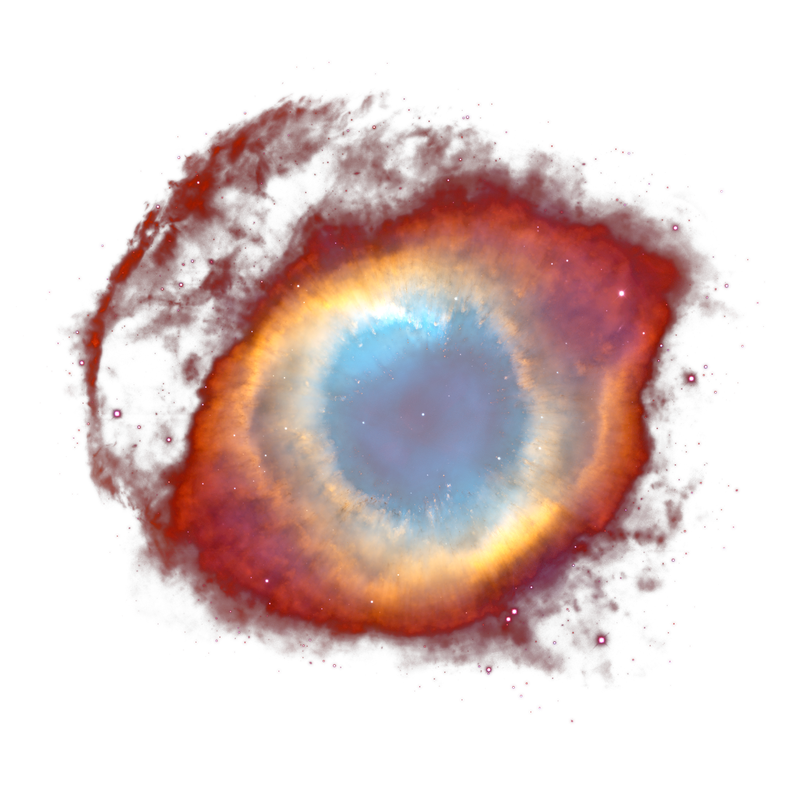A black hole that was eaten by a star seems to have gotten revenge by consuming the star from the inside, producing a gamma-ray burst spotted about 9 billion light-years from Earth.
The burst, called GRB 250702B, was first spotted by NASA’s Fermi Gamma-ray Space Telescope in July. Such bursts are bright flashes caused by jets fired out from energetic events, such as massive stars collapsing into black holes or neutron stars merging, and they usually last no more than a few minutes.
GRB 250702B, however, lasted for 25,000 seconds – or about 7 hours – making it the longest-known gamma-ray burst. Scientists had struggled to explain it, but Eliza Neights at NASA’s Goddard Space Flight Centre in the US and her colleagues now suggest an unusual and rare possibility.



It IS an infinity … from our perspective.
Just because you don’t understand what those words mean doesn’t make me wrong.
Clearly not because infinity wouldn’t struggle with a finite amount of star mass.
The black hole didn’t struggle.
It took 7 hours to do what normally happens in minutes. It was Struggling like John Goodman trying to keep up with Fat Albert at the track.
For comparison, it usually takes me at least 10 hours to gobble down a whole star. Those gamma rays do a real number on… well, everything in the vicinity, really, but especially my heartburn.
How many samples defined “normal”?
Doesn’t say.
Yes, thusly making any point about how unique this event is a demand from ignorance.
JFC you just don’t read, do you?
You … don’t understand what I’m saying. You are genuinely fucking dumb I’m done with you.